NJOY has filed litigation against 34 manufacturers, distributors and online retailers of illicit disposable e-vapor products that are unlawfully marketed and sold in California and other U.S. states. The suit alleges that these companies manufacture, distribute, market and sell products that violate California’s flavor ban law, are unlawful under federal law and subject to action by the U.S. Food and Drug Administration, and illegally compete against companies that comply with state and federal laws.
The suit seeks a nation-wide injunction against the import, marketing and sale of these illicit products and significant compensatory and punitive damages.
“These companies knowingly violate federal and state laws and need to be held accountable,” said Murray Garnick, executive vice president and general counsel of NJOY’s parent company, Altria Group, in a statement. “Today there are two markets—one for those who play by the rules and one for those who flagrantly ignore them. We are taking this action because the current state of the illicit e-vapor market is intolerable, and we must see more action from FDA and others.”
Filed in the United States District Court for the Central District of California, the litigation is brought under four claims: unfair competition, false advertising, false advertising in violation of the Lanham Act and violation of the Prevent All Cigarette Trafficking Act of 2009.
Named defendants in the suit manufacture and distribute illicit disposable e-vapor products which include brands such as Breeze, Elf Bar, EB, EB Create, Esco Bar, Flum, Juice Box, Lava Plus, Loon, Lost Mary, Mr. Fog and Puff Bar. U.S. defendants include companies doing business in Arizona, California, Delaware, Florida, Michigan, Minnesota, New Jersey, New York and Texas. Foreign Defendants are all based in China.
None of the Defendants has received premarket authorization from the FDA, according to NJOY.
Despite a ban on the sale of flavored tobacco products that went into effect in December 2022, flavored vapor products make up more than 97 percent of the California market according to a recent study commissioned by Altria.
NJOY’s action against disposable vapor product manufacturers follows a complaint to the International Trade Commission by R.J. Reynolds Tobacco Co. charging multiple manufacturers, distributors and retailers of disposable vaping devices with unfair importation.



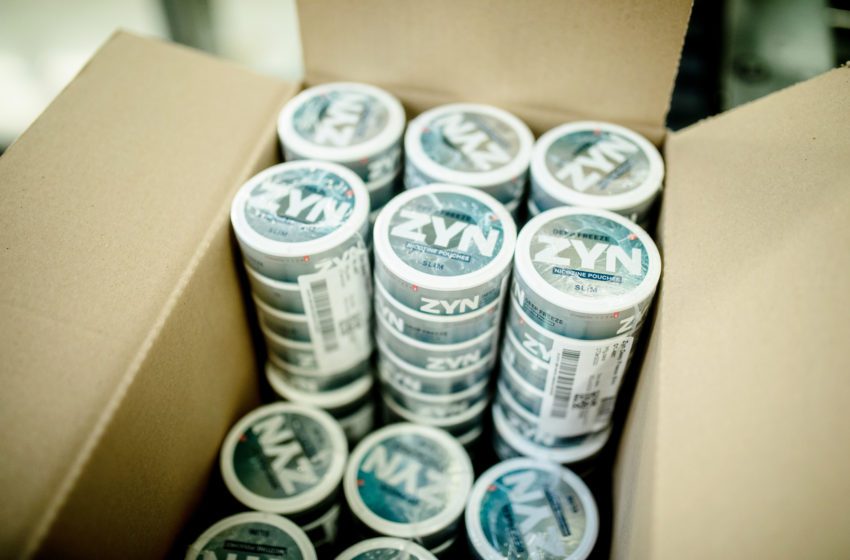
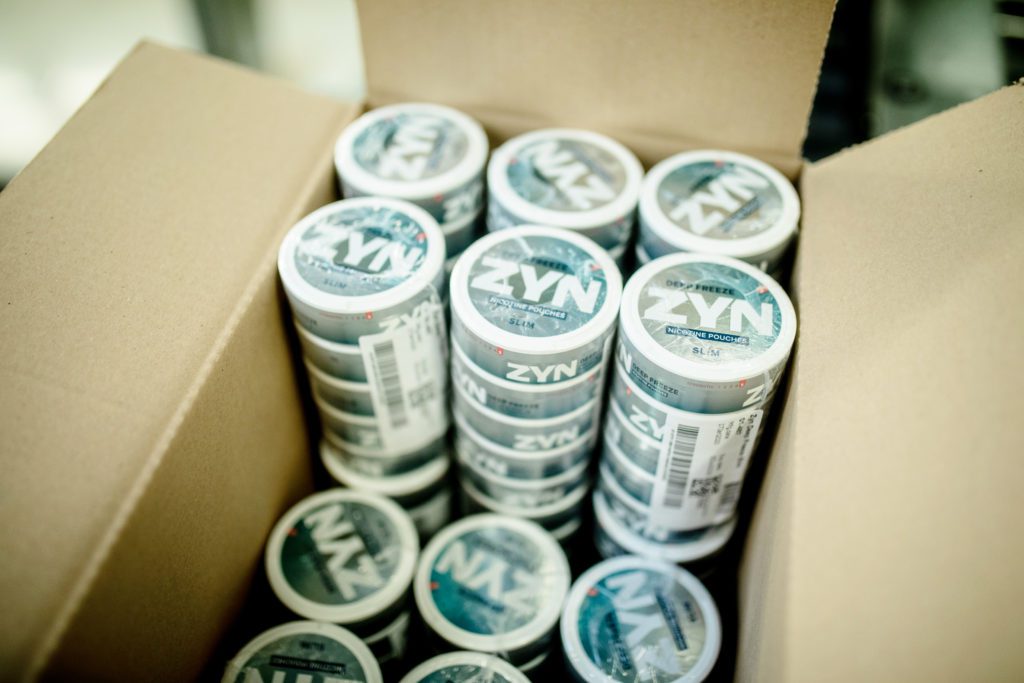
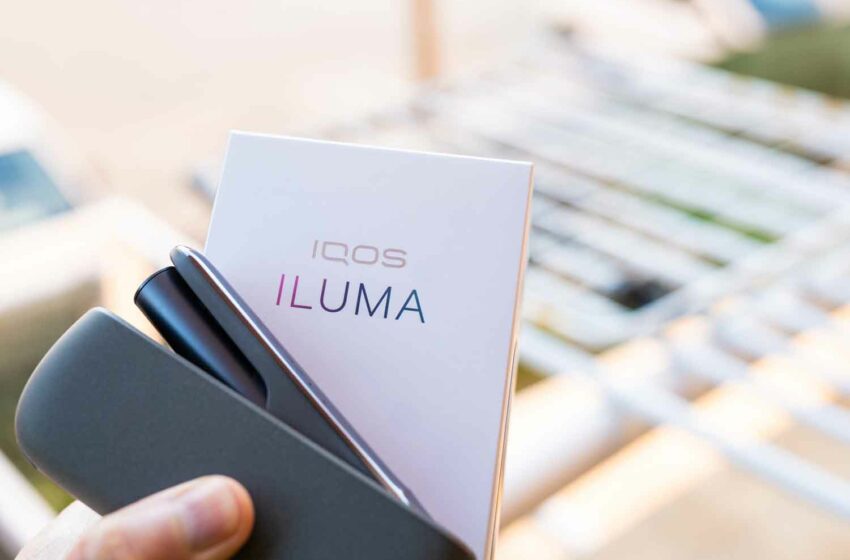
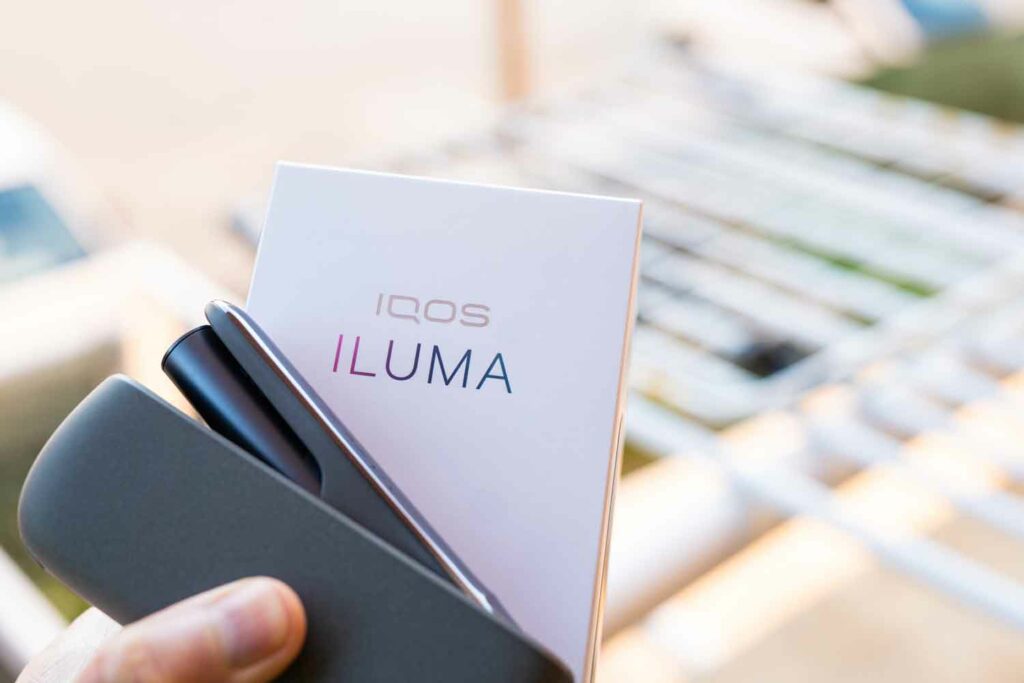

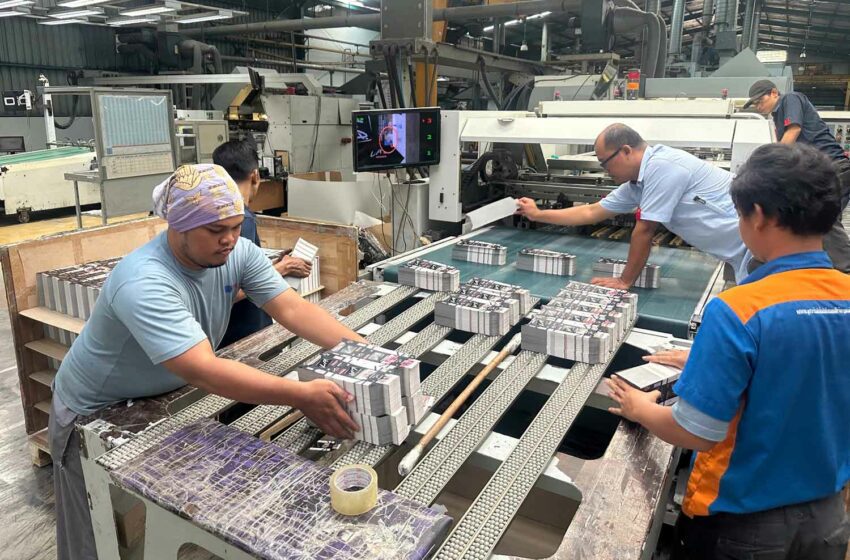
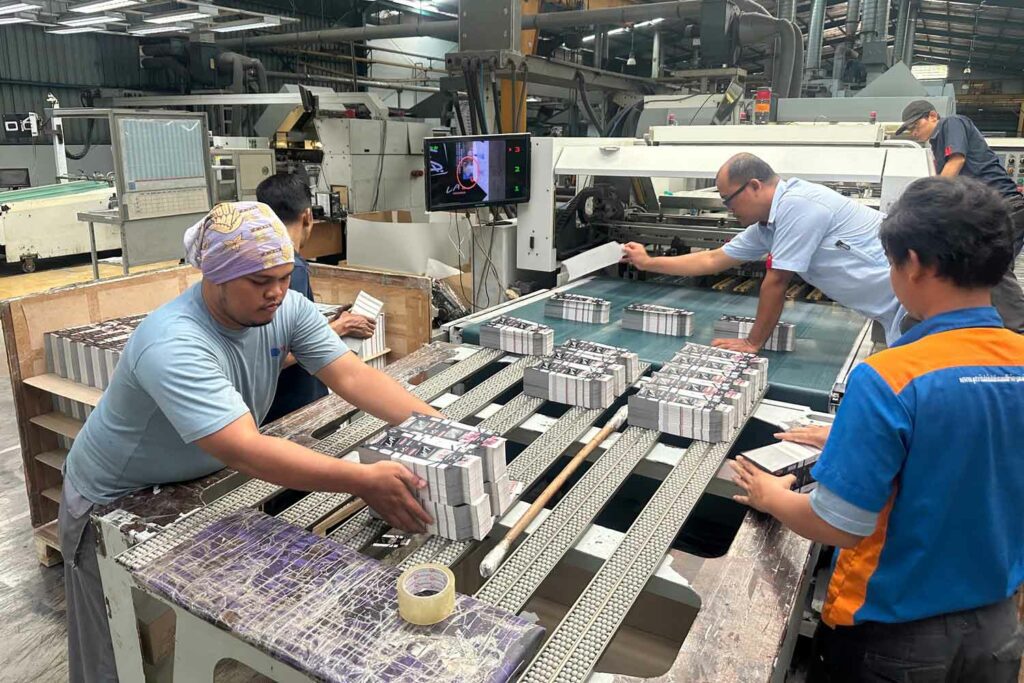


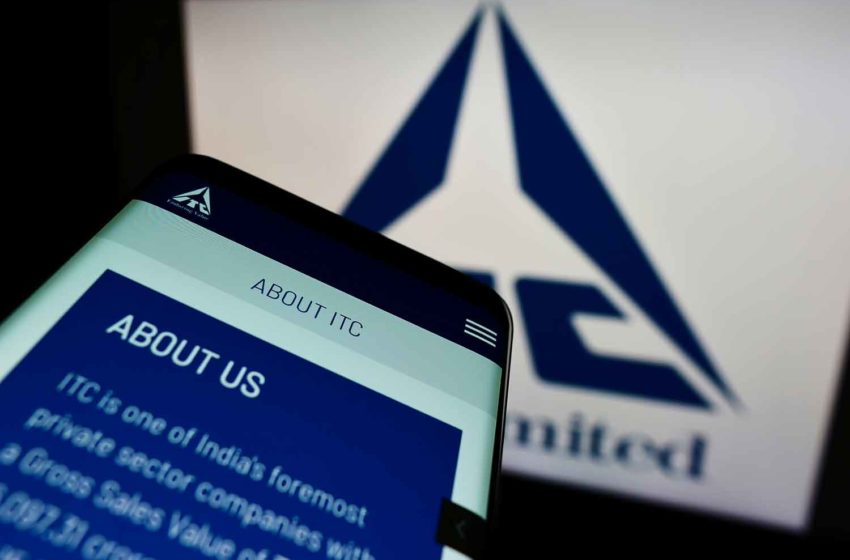
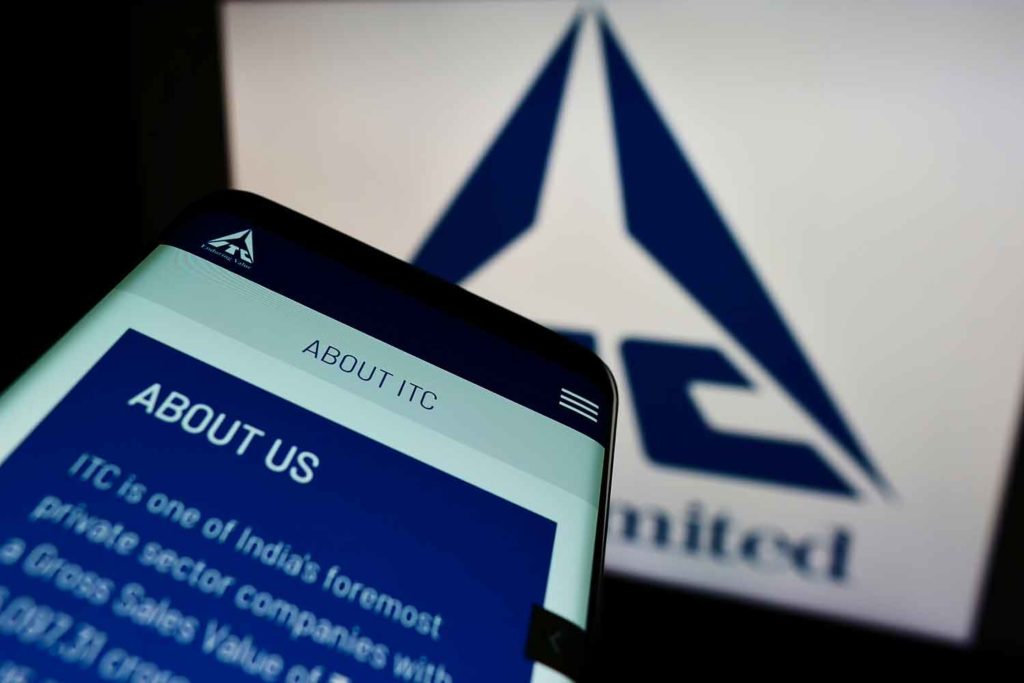






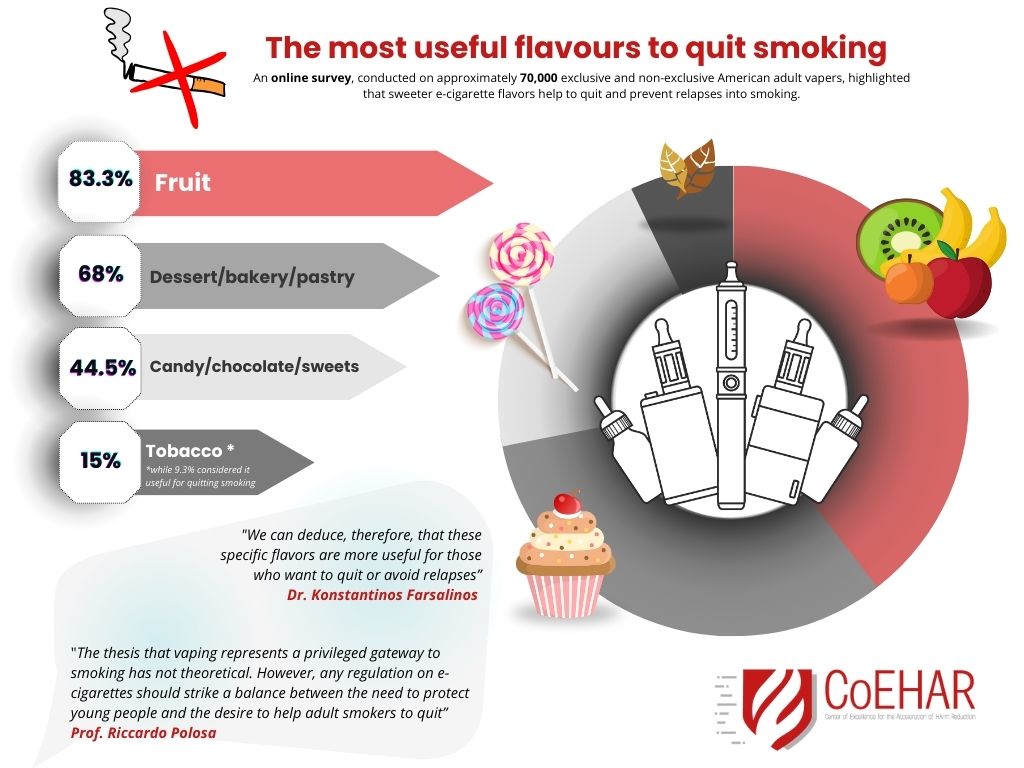
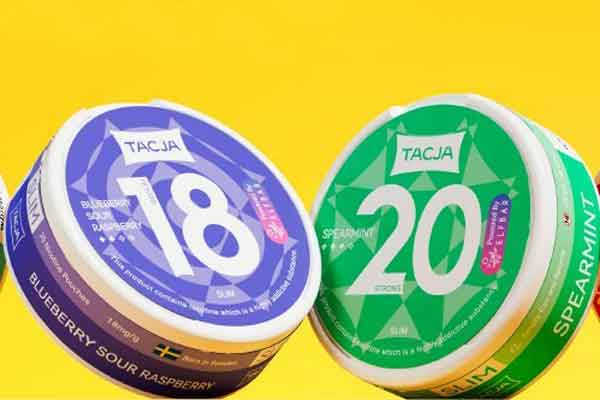
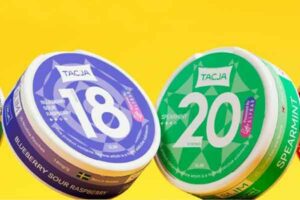 TACJA has launched nicotine pouches in the United Kingdom, Switzerland and Sweden.
TACJA has launched nicotine pouches in the United Kingdom, Switzerland and Sweden.
